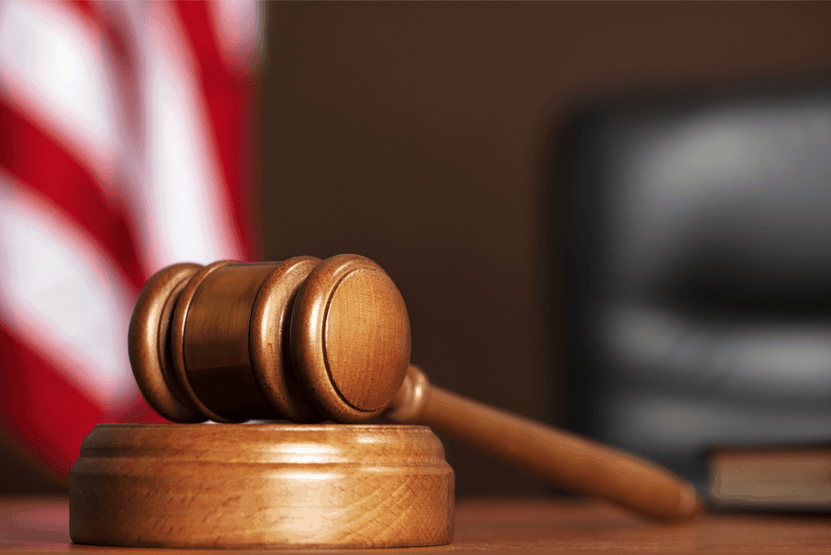The Federal Circuit has provided further clarification to the troublingly unclear “abstract idea” concept originally articulated by the US Supreme Court.
According to the Supreme Court, patent protection does not extend to the patent ineligible concepts of laws of nature, natural phenomena, and abstract ideas, which are “building blocks of human ingenuity…We must therefore distinguish between claims to patent ineligible subject matter and those that “integrate the building blocks into something more.” [1] However, the Court has cautioned, “too broad an interpretation of this exclusionary principle could eviscerate patent law. For all inventions at some level embody, use, reflect, rest upon, or apply laws of nature, natural phenomena, or abstract ideas.” [2]
In practice, the line between “abstract idea” and “patent eligible claim” has proven blurry, and for years following the articulation of the “abstract idea” exception patent practitioners found a vast range of previously-patentable technology summarily declared unpatentable as abstract ideas by USPTO Examiners.
The most recent clarification from the Federal Circuit arrived on March 15, 2019, in Natural Alternatives International Inc. v. Creative Compounds LLC. Reversing the district court’s holding that the asserted claims of certain Natural Alternatives patents were not patent eligible, the Federal Circuit found that the claims both embody a scientific discovery and “require that an infringer actually administer the dosage form claimed in the manner claimed, altering the athlete’s physiology to provide the described benefits.” Thus, the court found that the claims are not merely directed to the abstract idea of a scientific discovery (as in Mayo), but rather the claims at issue are patent eligible.
The decision in Natural Alternatives follows the USPTO’s January 2019 issuance of revised guidelines for evaluating a claim’s subject matter eligibility (and asserting a rejection under 35 USC 101) in the 2019 Revised Patent Subject Matter Eligibility Guidance. The most recent USPTO Guidance and recent court decisions may indicate an ebbing of the tide of “abstract idea” rejections.
Read the Natural Alternatives decision here.
[1] Alice Corp. v. CLS Bank International, 573 U.S. 208, 216–17, 134 S. Ct. 2347 (2014)
[2] Mayo Collaborative Servs. v. Prometheus Labs., Inc., 566 U.S. 66, 71 (2012).

